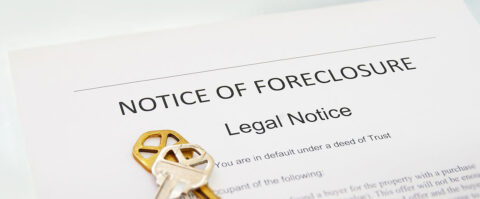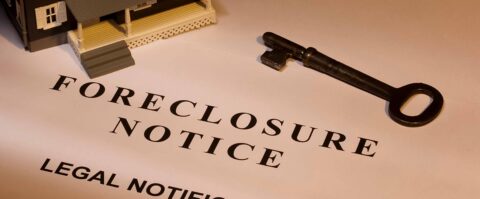What is an Occupancy Inspection in New Jersey?
If a homeowner falls behind on their mortgage payments, their mortgage lenders are entitled to conduct inspections to check on the condition of the home and determine whether the homeowner is still living there. Your mortgage gives them the right to take actions to “protect the collateral.”
There are two different types of inspections:
- A Property Inspection occurs when the mortgage lender, or a third-party field service company acting on their behalf, does a drive-by inspection of the property to check for any visible signs that the property has been abandoned, such as:
- Overgrown vegetation
- Disconnected utilities
- The house being empty of furniture
- An Occupancy Inspection is a little more involved. The lender or field service company will try to talk to the residents of the property and attempt to verify exactly who is living there.
These inspections are done automatically if you fall behind on your payments. Even if the lender knows you are living there and you have always maintained the property, their computer systems will order the inspections, and charge you for them.
Am I Allowed to Stay in My Home During Foreclosure?
Until the Sheriff Sale occurs, it is your home, and no one can ask you to leave. An inspection is not a signal that you must leave. It is important to remember that you have the right to occupy your home during the New Jersey foreclosure process. Your lender is not allowed to simply change the locks on you. If they do so before receiving an official Writ of Possession, it is considered an Unlawful Detainer under statute N.J.S.A. 2A:39-1. There is a proper legal process that must be followed before you can be removed from your home.
Learn more about eviction after foreclosure in New Jersey here.
I Just Had an Occupancy Inspection. What Should I Do?
Unfortunately, situations sometimes arise where a lender or field service company will treat an occupied home as abandoned and illegally take steps to secure it. This can include changing the locks or shutting off utilities. For this reason, it is important to take immediate steps to prevent your lender from treating your home as a vacant property:
- Notify your lender that you are still living in the home. If you fall behind on your mortgage payments, your lender will most likely contact you to discuss it. When you talk to them, tell them that you are still living in the home. In case there is a dispute about occupancy later on, it is important that you verify that you are living there as soon as possible.
- Send a letter by certified mail to your lender. It is very important to send it to the proper address. DO NOT SEND LETTERS TO THE ADDRESS WHERE PAYMENTS GO. Look at your mortgage statement and there will be an address for “Correspondence” “QWR” “Notice of Error” or “Requests for Information.” If there is an attorney, send them a certified letter as well.
- Contact a New Jersey foreclosure attorney. If you need legal representation in a foreclosure, contact the Law Office of Ira J. Metrick today.




